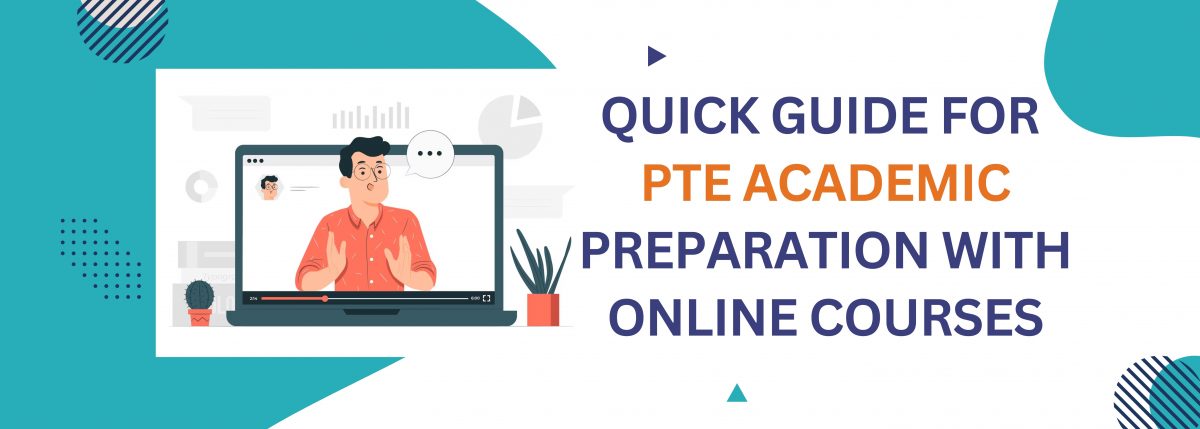PROVIDING ONLINE PTE COACHING ACROSS AUSTRALIA!!
Pandemic affected the whole world so badly that almost everything came to a standstill. Thankfully, we at Connect PTE were able to keep things moving even during the bad times. Many PTE coaching providers in Melbourne had their operations affected negatively, but we took pandemic as an opportunity. While most of the students had their morale down during this time period, we introduced them to the benefits of PTE exam over other English language proficiency exams like IELTS, TOEFL, etc. and started providing online PTE classes, making us the best PTE coaching institute in Melbourne.
Once we started the online PTE training classes in Melbourne, we were soon providing one of the best PTE coaching classes in Melbourne. Online PTE coaching opened a whole new pathway both for us and the students. While we were able to provide PTE coaching only via our Melbourne office initially, we switched to online PTE teaching and were able to connect with students across Australia. On the other hand, students, too, were able to learn PTE tips and tricks from the comfort of their homes, eventually saving their time, money and effort.
If you are looking for PTE training classes in Melbourne, you don’t need to look further, as we are one of the top PTE coaching providers in Melbourne and surrounding area. We provide tutorial for PTE and PTE classes at affordable price and convenient schedule. Our PTE coaching classes in Melbourne are fully equipped to provide end-to-end PTE practice online to large and small batches of students and professionals.Join the best PTE Coaching Institute in Melbourne to get your desired score.


































"I wanted to take admission into a nursing program and required 79+. Thanks to Connect PTE Study Centre Melbourne and the PTE practice tests they provided, I was able to achieve my desired score. I’d say that Connect PTE is one of the best PTE coaching institutes in Melbourne. A special thanks for providing PTE tips and tricks for PTE Australia"